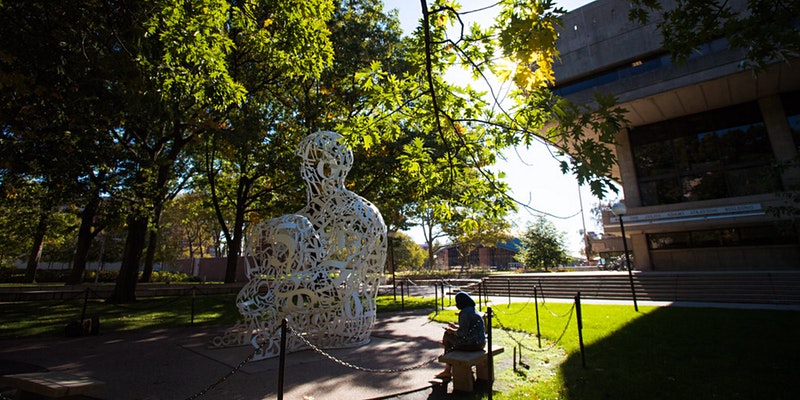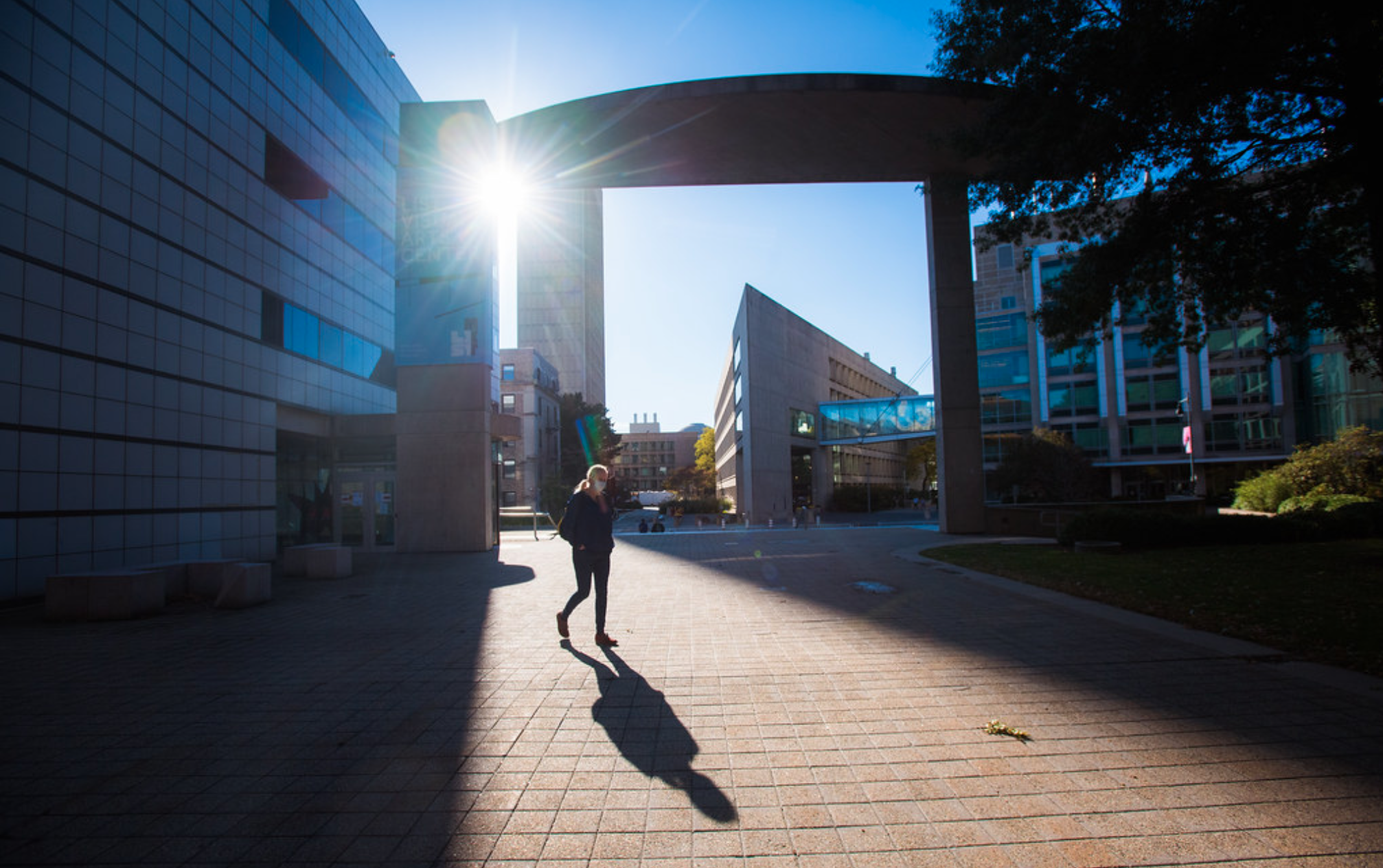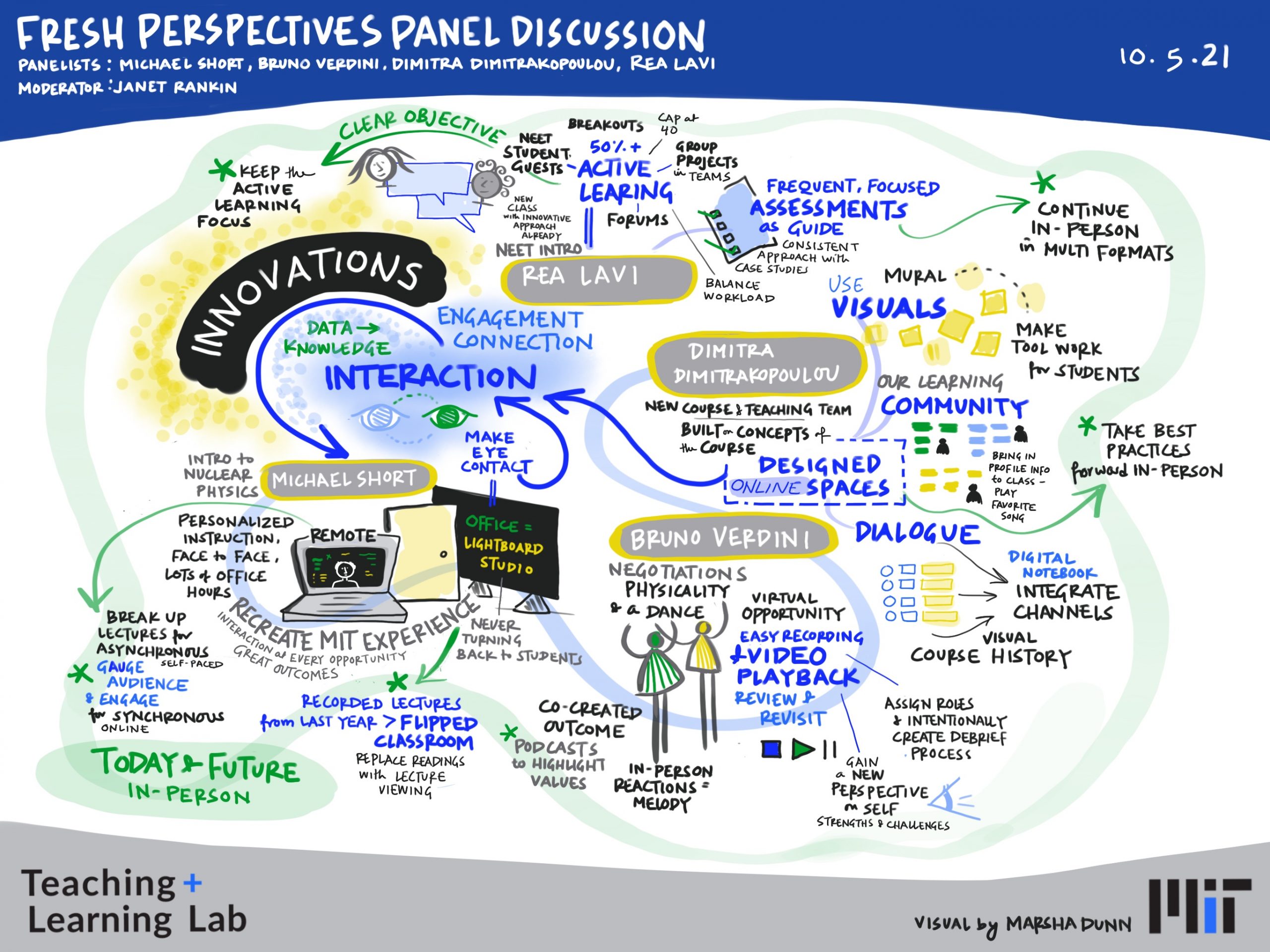
What are worked examples? Worked examples are step-by-step illustrations of the process required to complete a task or solve a problem. In a worked example, students are provided with the […]

Why Is It Important? A fundamental goal of education is to promote enduring learning that equips students with the skills, knowledge, and beliefs that can be applied to solve problems […]

by Lourdes Alemán & Melissa Cao Although student mental health has long been a concern in higher education, the pandemic, by its very nature, exacerbated students’ mental health. The pandemic […]

Key takeaways Often when we think about students struggling in large classroom environments, we tend to assume that one classroom environment impacts all students in the same way. In the […]

In January 2022, the Teaching & Learning Lab launched a new interdisciplinary community in which 12 MIT faculty and instructors came together to engage in anti-racist work within the context […]

On February 16, 2022, we hosted a talk by Professor Eric Mazur of Harvard on how the COVID-19 pandemic transformed his approach to teaching introductory physics and why he is […]

As we continue to increase the diversity of our community at MIT, cultivating inclusive and equitable learning experiences becomes even more vital to supporting students’ learning and sense of belonging […]

On December 16, 2021, we hosted a talk by Professor Justin Reich. Professor Reich discussed his research on how the experiences of students and teachers during pandemic schooling are vital to educational recovery and building back better.

On October 26, 2021, we hosted a talk by Dr. Mays Imad on Trauma-Informed Teaching. Dr. Imad’s talk built on neuroscience research on trauma and learning and her experiences using […]

On Tuesday, October 5, 2021, the Teaching + Learning Lab hosted the second of two panels featuring faculty and instructors highlighted in the Fresh Perspectives series.

